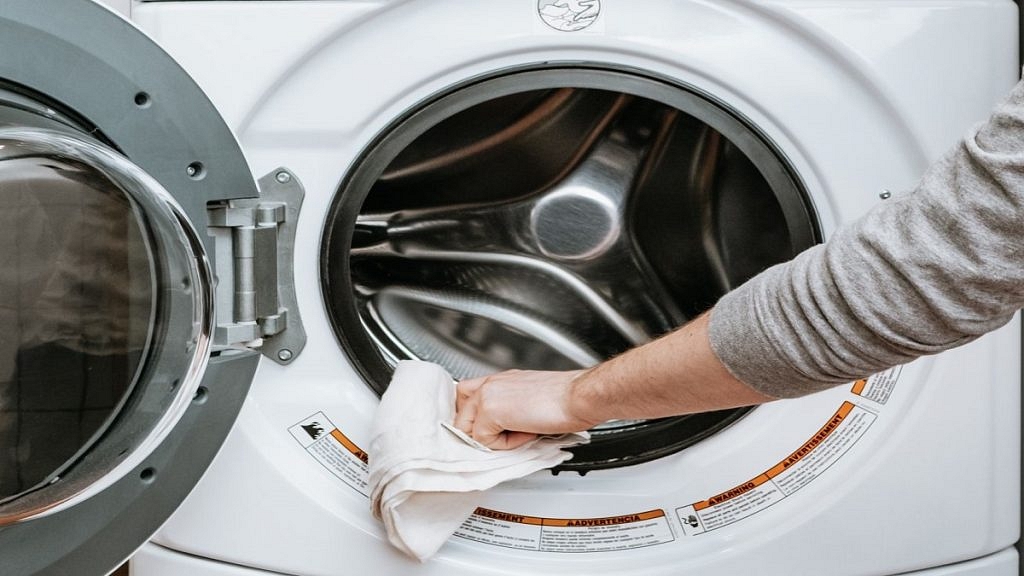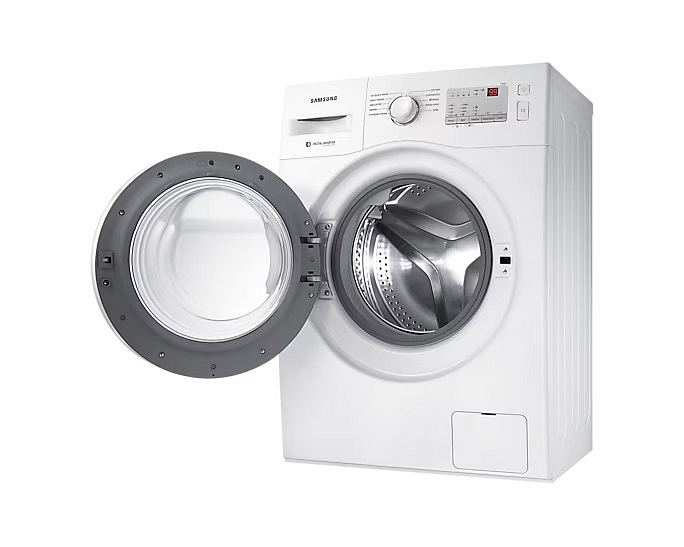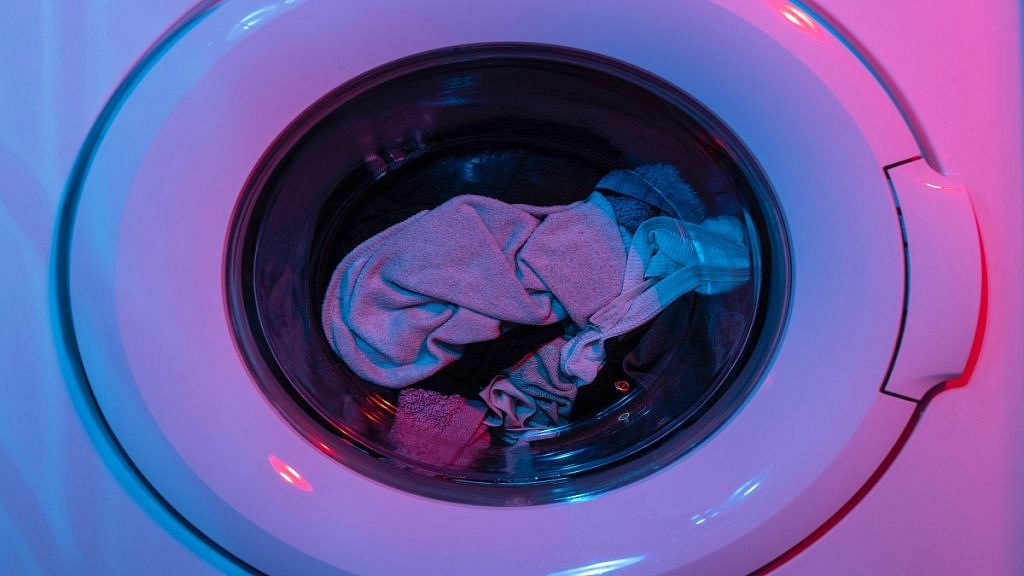Choosing the loading type of a new washing machine is the largest issue that buyers have. Performance and personal choice are two elements to consider when deciding between a front-loading and a top-loading washing machine. Although front-loading washers typically have more functions, they frequently have mold and stackability problems. Front-loading models use less energy and water, while top-loading models are simpler to maintain and easier to load or unload. We’ll go over some of the fundamental differences between front-loading and top-loading washing machines in this section.
Also Read: Best Front Load Washing Machine With Dryer In India
Front Loading Vs Top Loading Machine: Cleaning

The effectiveness of cleaning is influenced by factors such as water temperature, detergent concentration, wash cycle duration, and drum motion. Compared to top loaders, front loaders are superior at removing stains and grime. Also, front loaders do a better job of dispersing the detergent throughout the load. With front-loading washers, the tumbling action of the drums enhances the effectiveness of the cleaning process.
Furthermore damaging to delicate clothes, top-loading washing machines twist and tug the fabric. In top-loading washers, the washing drums typically consist of two motors: an agitator washer and an impeller washer. Impeller washers move the clothing with the aid of fins in the drum’s bottom, whereas agitator washers move the clothes around a central post. None of them can clean surfaces as uniformly as front-loading dishwashers.
Also Read: Best Top-Loading Washing Machines To Buy Under Rs. 10,000: Here’s Our List
Front Loading Vs Top Loading Machine: Wash Cycle

Due to the fact that the clothing is submerged in water throughout the whole wash cycle, top-loading washing machines typically wash clothes faster. The quickest wash cycles are found in top-loading, agitator-equipped washing machines. On the other hand, impeller washers are more expensive since they take longer to complete a typical wash cycle but clean better, hold more loads each cycle, and use significantly less water.
Every typical wash cycle in front-loading washing machines takes, on average, 60 minutes. Although the majority of front-loading washers have a rapid wash cycle that lasts 30 minutes or less, these cycles are typically for lighter loads. More money is spent on front-loading models that can handle larger loads during short wash cycles.
Also Read: Looking For Portable Washing Machines? Here Are The Best Five Choices
Front Loading Vs Top Loading Machine: Spin Cycle

Before the clothes are delivered to the dryer, front-loading washers remove more water from the laundry. Moreover, front-loading ones spin 33% faster than traditional top-loading ones. In front-loading washing machines, clothes dry more quickly in the dryers, and moving them between the two appliances is also easier. Certain front-loading washing machines may vibrate and make a lot of noise during the dryer spin cycle.
Don’t choose a front-loading washer with a spin speed of fewer than 1,200 RPMs; a decent washer should have a spin speed of 1,300 RPMs. On the other hand, a typical top-loading washer has a speed range of 700 to 900 RPM.
Also Read: Semi-Automatic Washing Machines Under Rs. 15,000: See All Details Here
Front Loading Vs Top Loading Machine: Maintenance

Mold growth around the rubber gasket on the door of front-loading washing machines is the most frequent problem. Thus, front-loading washers require more regular cleaning than top-loading ones. Self-clean cycles, surfaces with antimicrobial coatings, and unique vent systems are just a few of the ways manufacturers are developing to combat this issue.
Top-loading washing machines, on the other hand, don’t have mold issues because water is pulled down by gravity, thus they don’t need to be maintained. Top loaders have an open circulation through the lid and no seals or gaskets to collect water.
Also Read: Best Dishwasher Under Rs. 60,000 In India
